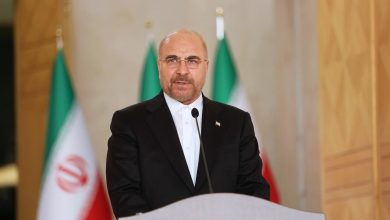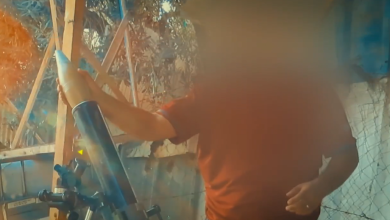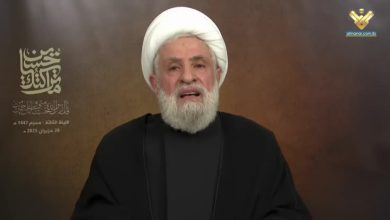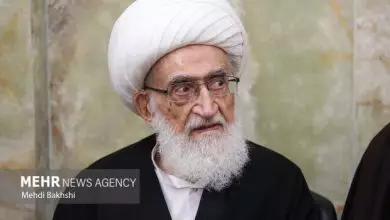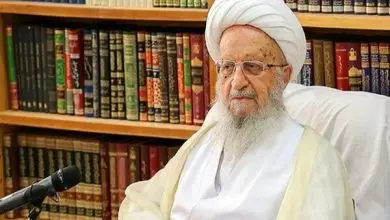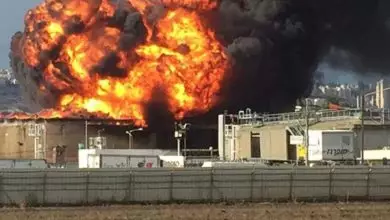‘Israeli’ ground assault on Rafah will deal death blow to UN aid ops in Gaza: Guterres
The UN secretary-general says a potential Israeli ground assault against the city of Rafah in southern Gaza Strip, which is enduring a genocidal Israeli war, will deal a death blow to the world body's aid operations in the coastal sliver.
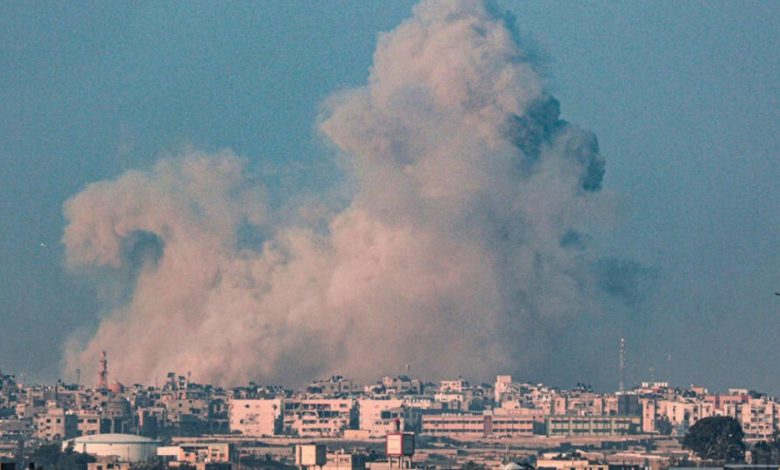
Antonio Guterres made the remarks on Monday before the UN Human Rights Council in Geneva, addressing the regime’s threats of launching a full-scale ground offensive against the city.
Rafah has come to host more than 1.4 million Palestinians, who have fled there from the ravages of the war that has so far killed nearly 30,000 people.
“An all-out Israeli offensive on the city would not only be terrifying for more than a million Palestinian civilians sheltering there; it would put the final nail in the coffin of our aid programs,” the UN chief said.
Guterres said Gaza’s southernmost city was “the core of the humanitarian aid operation” in the Palestinian territory.
A day earlier, Israeli Prime Minister Benjamin Netanyahu reiterated that his regime was intent on the ground invasion, in its bid for “total victory” over the Gaza-based resistance movement of Hamas.
Netanyahu claimed that once a ground invasion happens, victory would be just “weeks away,” and that a potential ceasefire, being discussed in Doha, would only delay the operation.
Hamas, itself, many regional countries, and even the majority of Israelis have, however, asserted that it would be impossible to oust the movement, which has vowed to resist the Israeli regime’s deadly aggression.
Elsewhere in his remarks, Guterres declared, “I repeat my call for a humanitarian ceasefire,” noting “nothing justifies the collective punishment of the Palestinian people.”
He also lamented the UN Security Council’s inefficacy in ending the bloodshed in Gaza.
As part of its consistent political patronage for the Israeli regime, the United States, which is Tel Aviv’s main benefactor, has so far vetoed three Security Council resolutions that have called for implementation of an immediate ceasefire in the Israeli onslaught.
This Council’s inaction “has severely — perhaps fatally — undermined its authority,” the UN chief cautioned.
“The Council needs serious reform to its composition and working methods.”

